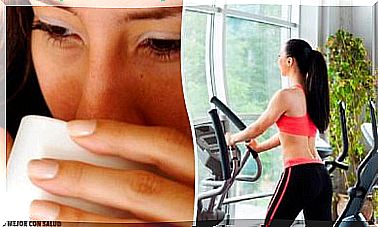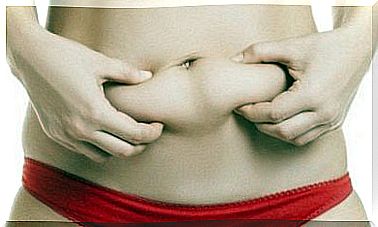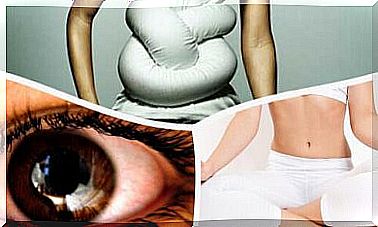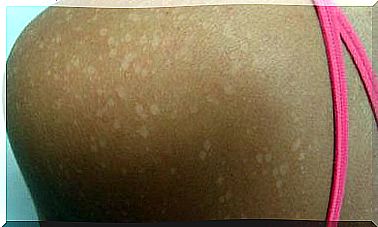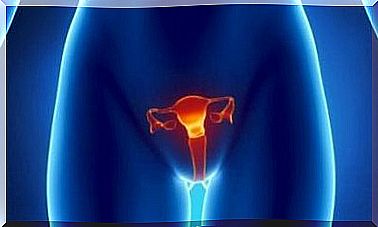7 Good Habits To Fight Insomnia And Rest Better
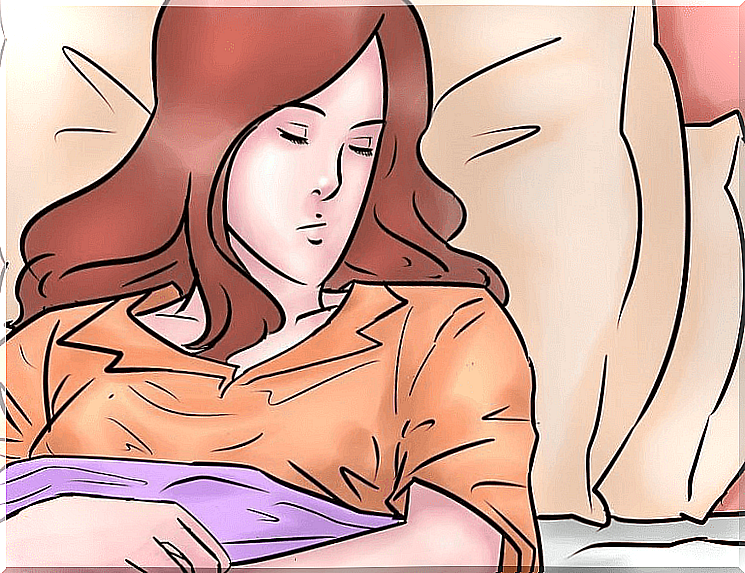
Fighting insomnia does not always require pills. Sometimes we can rest better by acquiring better habits. In any case, we must also stop the harmful habits. Learn our 7 tips to fight insomnia naturally in our post today.
7 good habits to fight insomnia
1. Hot shower or bath
A simple and delicious remedy is a hot shower or a bath just before going to bed.
- Unlike cold water, which has a stimulating effect, hot water has a relaxing effect on the body.
- With a warm bath, we can go to bed and feel good, which prepares us to rest well.
If we choose to take a bath, we can stay in the bath for up to half an hour and add baking soda or magnesium sulfate to the bath water. These additives will maximize the benefits of the bathroom.
2. Know how to disconnect
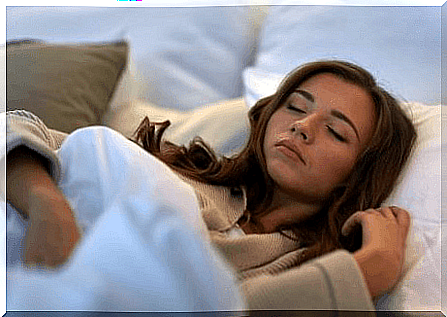
These days, one of the biggest causes of insomnia is our reliance on electronics.
Not only do TVs, computers or mobile phones get in the way of relaxing the mind, but they also generate electromagnetic fields. These waves have a negative impact on our nervous system.
- You should use these devices less throughout the day, by minimizing usage as much as you can.
- To combat insomnia, disconnecting from these devices two hours before going to bed is essential.
3. Follow the sun
The sun marks the biorhythm, or in other words, the natural rhythm of life. As a result, our bodies function better when we follow the sun.
- So, we recommend waking up in the morning to the first rays of the sun and calming down when the sky darkens (depending on the season and where you live).
- While it is not necessary to go to bed if it is still early, we can still adjust the activities accordingly and calm down.
Like this, sunbathing is also a natural remedy for fighting insomnia. Getting 10 minutes of sun every day throughout the year, if possible, is enough to notice an improvement in the quality of rest. Still, if we get too much sun, it can damage our skin as well as energy levels throughout the day.
4. A proper dinner

The biorhythm also tells our body that from 21.00, it should use its energy to regenerate our liver and gallbladder. We should be aware of this fact because there are many who struggle with insomnia because of their dinner.
If we eat too much before we go to bed, our body will be in the middle of digestion. This has a negative effect on our natural biorhythm. A healthier habit is to prepare lighter dinners before 20:00 to make sure that our body has time to digest everything before we go to bed.
In light of this, we should avoid the following foods:
- Sugar
- Refined flour
- Unhealthy fats such as fried foods and fast food.
- Dairy products
- Red meat
- Sweet fruit
Although fruit is a healthy food source, it gives us a lot of energy, which makes it better to eat in the morning.
5. Inversion yoga postures
Among yoga techniques, inversion positions are great for relaxing and combating insomnia.
- By lifting our legs and lowering our heads to a level lower than our bodies, we can help our circulation.
- By doing so, we can relieve symptoms such as heavy legs or headaches, which make it difficult to rest properly.
- We can lie down on the floor with our legs raised vertically, or up against a wall. Or we can do another yoga pose if we know how to do it. “The Candle Pose” works well here.
6. Insomnia and intestines
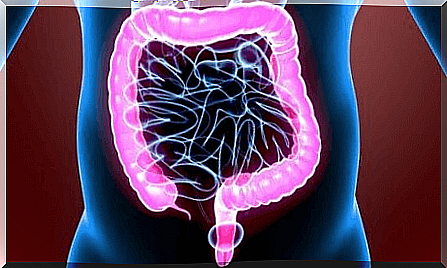
Some cases of insomnia are associated with intestinal congestion and inflammation, which can be difficult to detect. To treat it, we need to help them function normally again. We can also use clay wraps before going to bed or overnight.
7. A room made to rest
Some rooms make resting complicated for some reason. Some of the issues we need to address are the following:
- Lack of darkness. It is extremely important that there is no light that signals the secretion of melatonin . Melatonin is the hormone that is responsible for regulating our circadian rhythm.
- Too noisy.
- Messiness or filthiness.
- Electronic devices and connectors for near the bed. They generate electromagnetic fields around us that also affect melatonin.
- Uncomfortable temperature or lack of ventilation.

